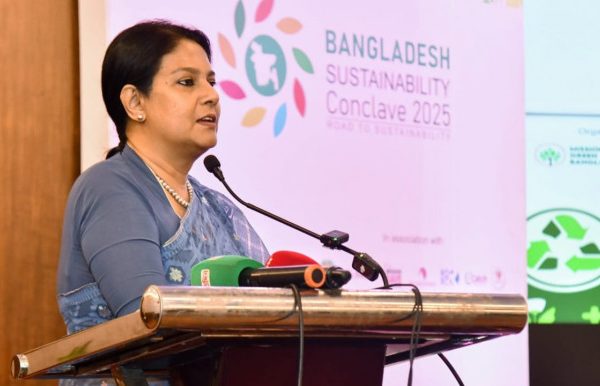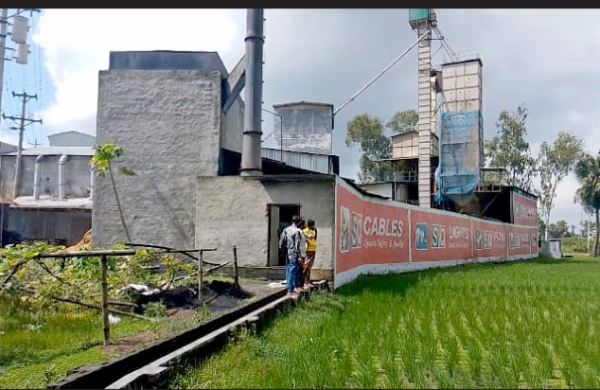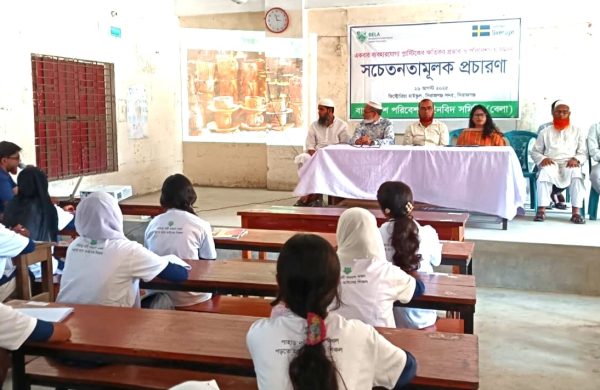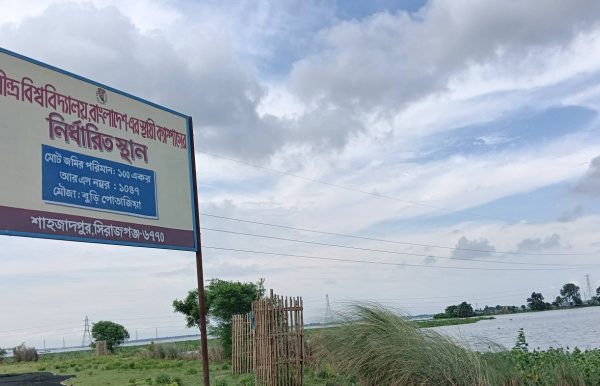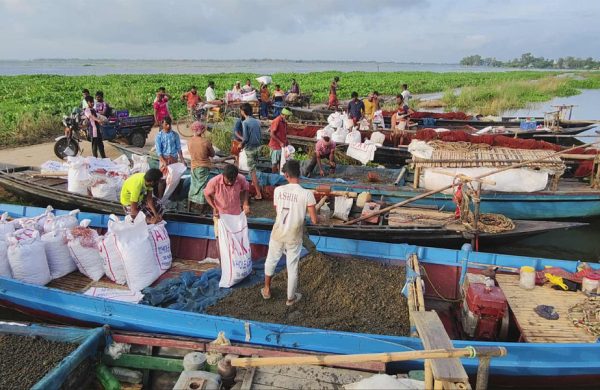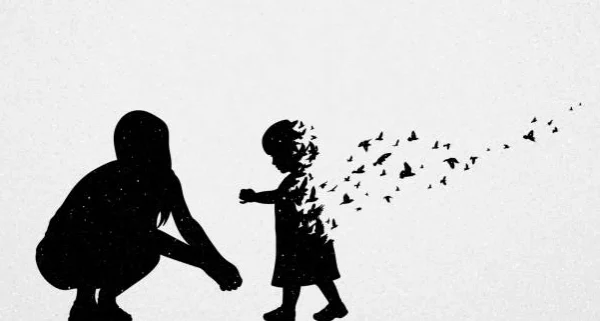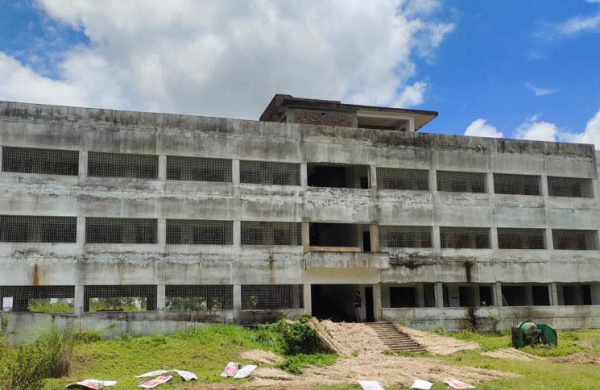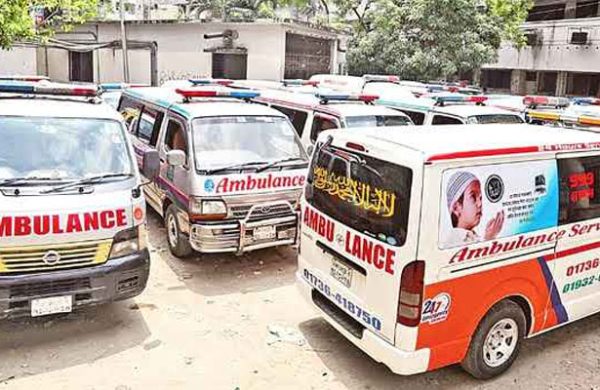Toxic air cuts Bangladeshi life expectancy by 5.5 yrs: report
- Update Time : Thursday, August 28, 2025
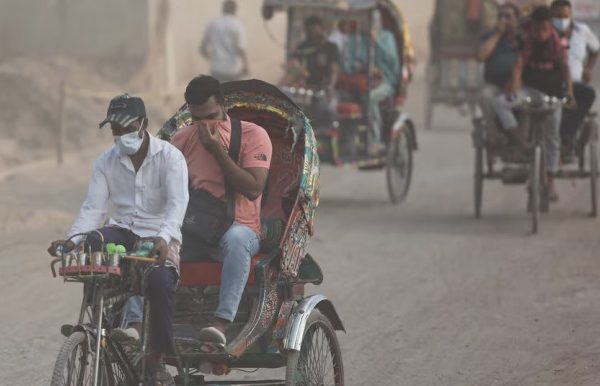
Staff Correspondent:
Air pollution is slashing the average Bangladeshi’s life expectancy by 5.5 years, making it the country’s deadliest external health risk, according to a new report released on Thursday.
The study, published by the University of Chicago’s Energy Policy Institute (EPIC), found that exposure to fine particulate matter poses a greater danger to public health than tobacco use, child and maternal malnutrition, or unsafe water.
Smoking shortens life by about two years, while malnutrition cuts 1.4 years on average.
The report shows that every one of Bangladesh’s 166.8 million residents is exposed to pollution levels above both the World Health Organization (WHO) guideline of 5 micrograms per cubic metre and the national standard of 35 micrograms.
Even Lalmonirhat, the country’s least polluted district, records levels seven times higher than the WHO threshold.
Between 1998 and 2023, PM₂.₅ pollution rose by 66 percent, reducing life expectancy by an additional 2.4 years.
Dhaka faces the gravest toll: its residents could live nearly seven years longer if WHO standards were met.
Meeting Bangladesh’s weaker national threshold would still add over four years. In Chattogram, the second-largest city, residents could gain 6.2 years under WHO limits and 3.3 years under the national standard.
Similar risks were found across industrial and urban centres. Residents of Gazipur could gain up to 7.1 years, Narayanganj 6.6 years, and people in Cumilla, Tangail, Khulna and Mymensingh between five and six years. Even in Sylhet, often considered cleaner, life expectancy would rise by 3.5 years.
“Bangladeshis are losing more years of life to dirty air than to smoking or malnutrition,” said Michael Greenstone, director of EPIC and creator of the Air Quality Life Index (AQLI), which translates pollution levels into life expectancy impacts.
The report urged urgent national and regional action, calling for tougher enforcement of regulations, cleaner energy investments, and stronger pollution controls to restore years of life now being stolen by toxic air.


